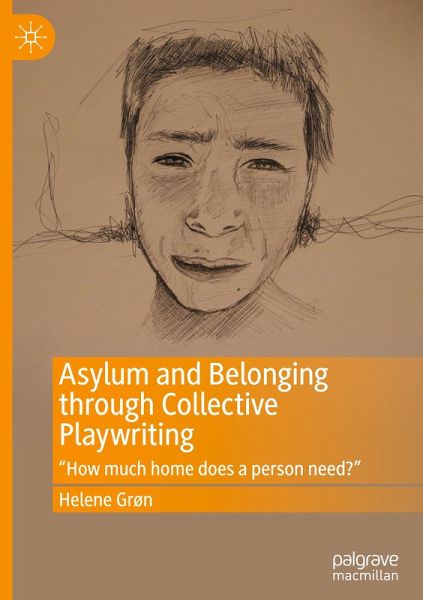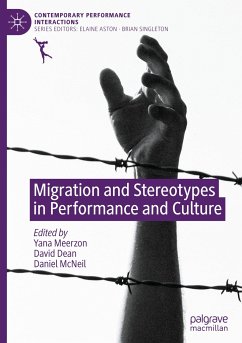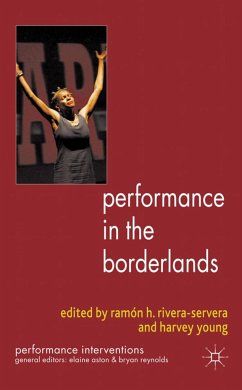
Asylum and Belonging through Collective Playwriting
"How much home does a person need?"
Versandkostenfrei!
Versandfertig in 6-10 Tagen
98,99 €
inkl. MwSt.
Weitere Ausgaben:

PAYBACK Punkte
49 °P sammeln!
This book explores the notion of home in the wake of the so-called refugee crisis, and asks how home and belonging can be rethought through the act of creative practices and collective writing with refugees and asylum seekers. Where Giorgio Agamben calls the refugee 'the figure of our time', this study places the question of home among those who experience its ruptures. Veering away from treating the refugee as a conceptual figure, the lived experiences and creative expressions of seeking asylum in Denmark and the United Kingdom are explored instead. The study produces a theoretical framework ...
This book explores the notion of home in the wake of the so-called refugee crisis, and asks how home and belonging can be rethought through the act of creative practices and collective writing with refugees and asylum seekers. Where Giorgio Agamben calls the refugee 'the figure of our time', this study places the question of home among those who experience its ruptures. Veering away from treating the refugee as a conceptual figure, the lived experiences and creative expressions of seeking asylum in Denmark and the United Kingdom are explored instead. The study produces a theoretical framework around home by drawing from a cross-disciplinary field of existential and political philosophy, narratology, performance studies and anthropology. Moreover, it argues that theatre studies is uniquely positioned to understand the performative and storied aspects of seeking asylum and the compromises of belonging made through the asylum process.














